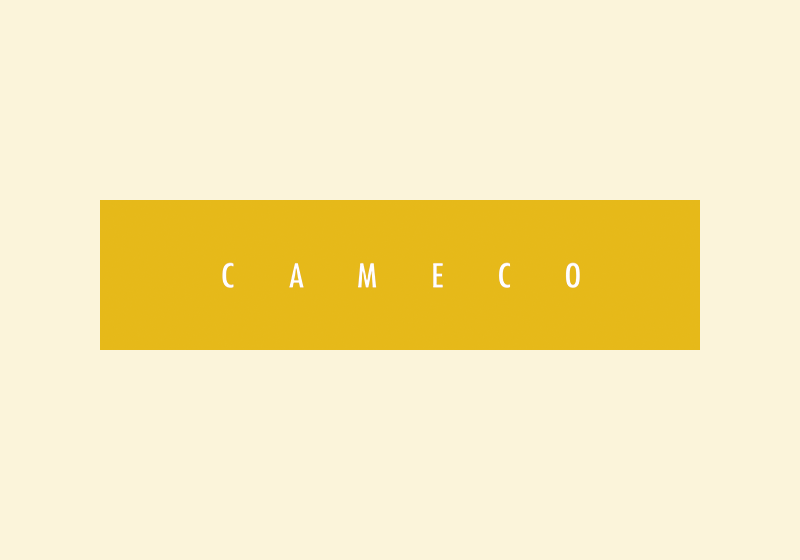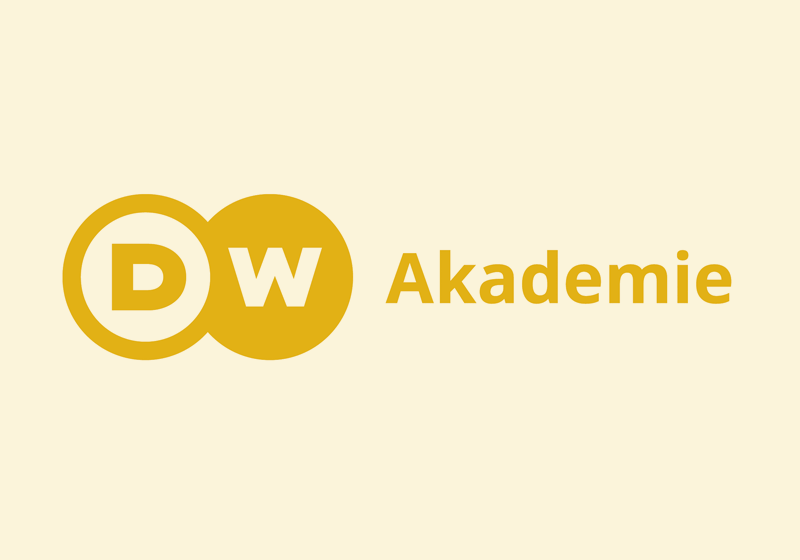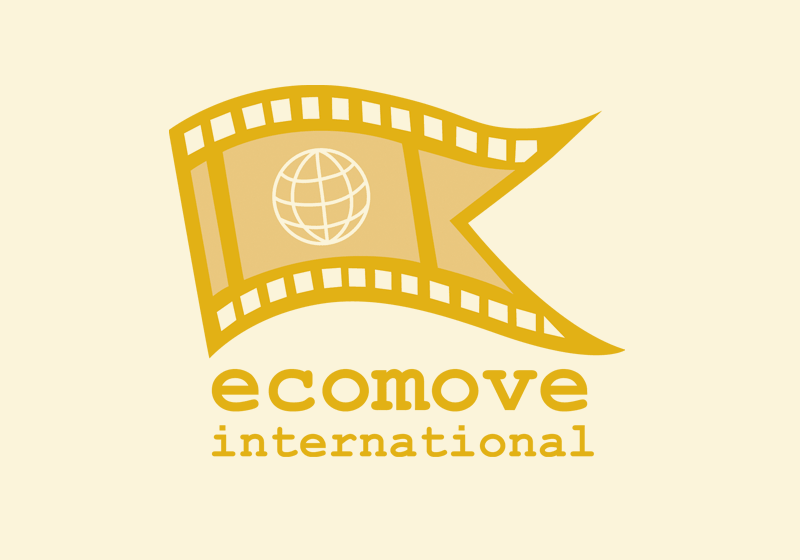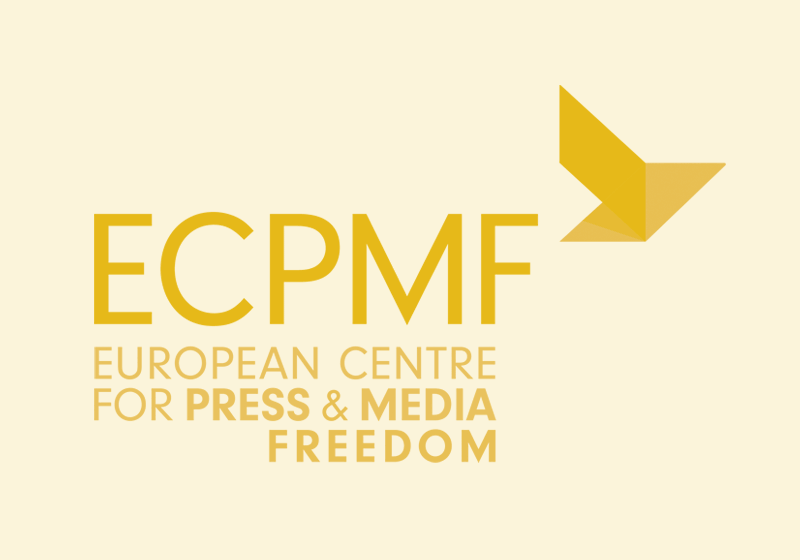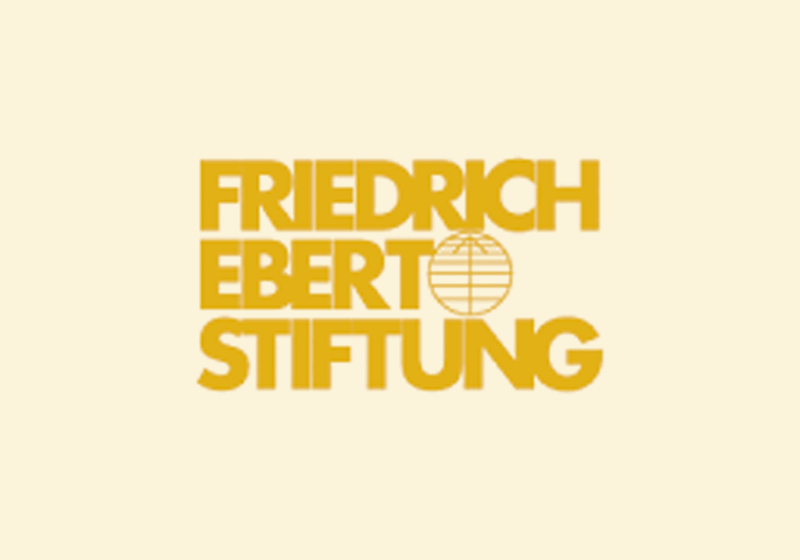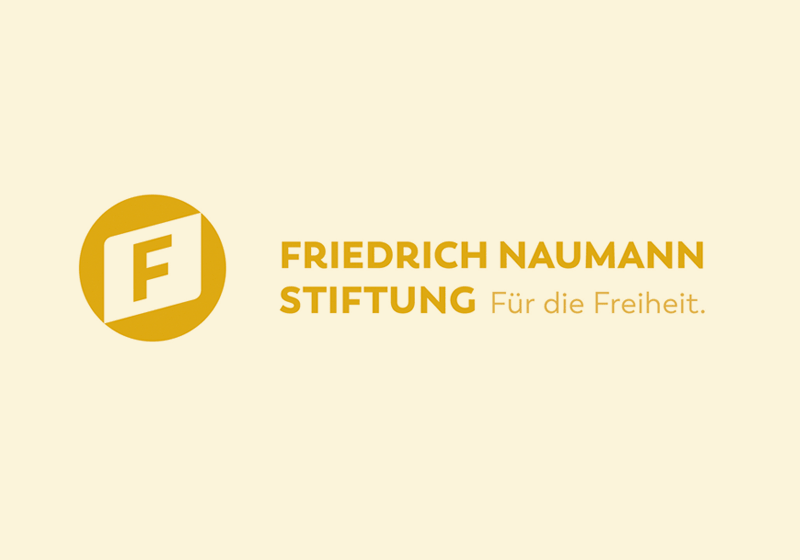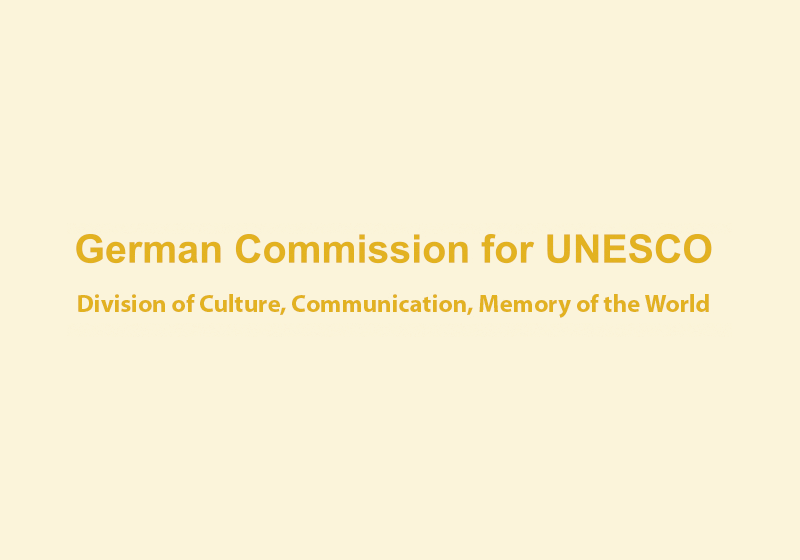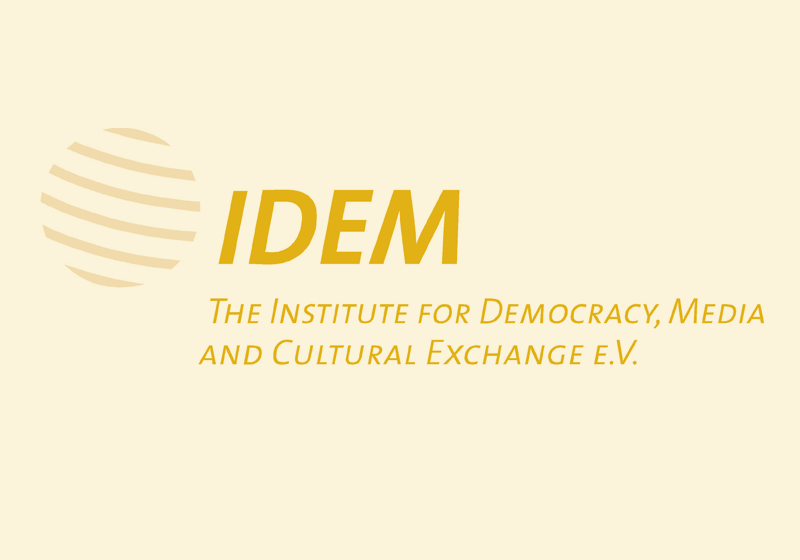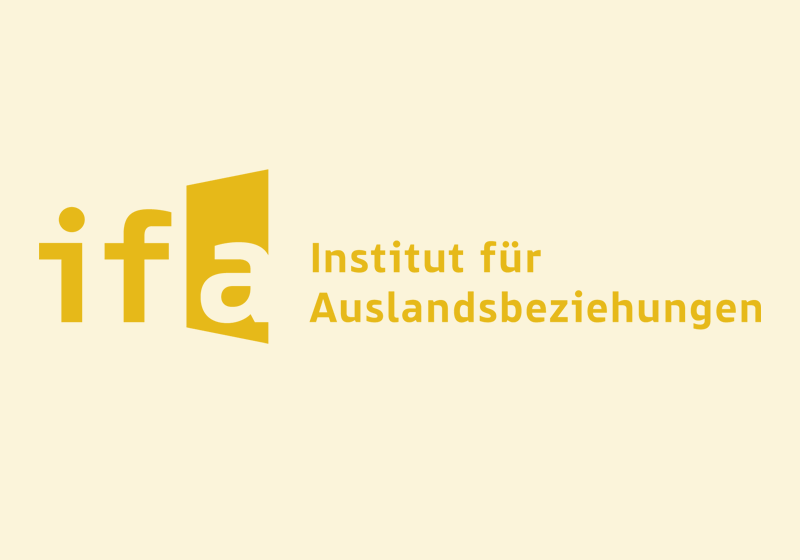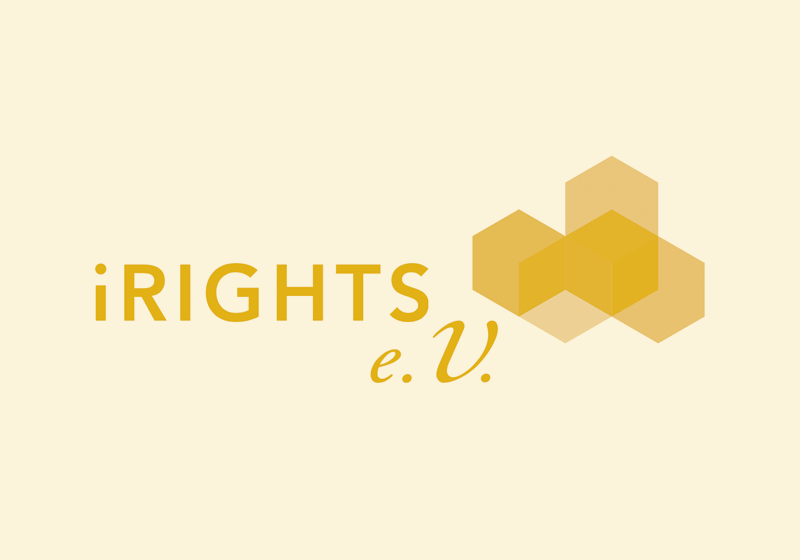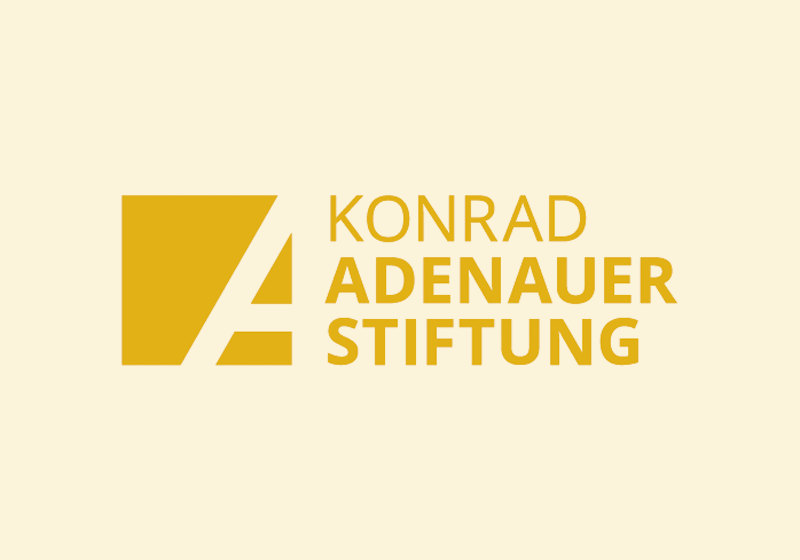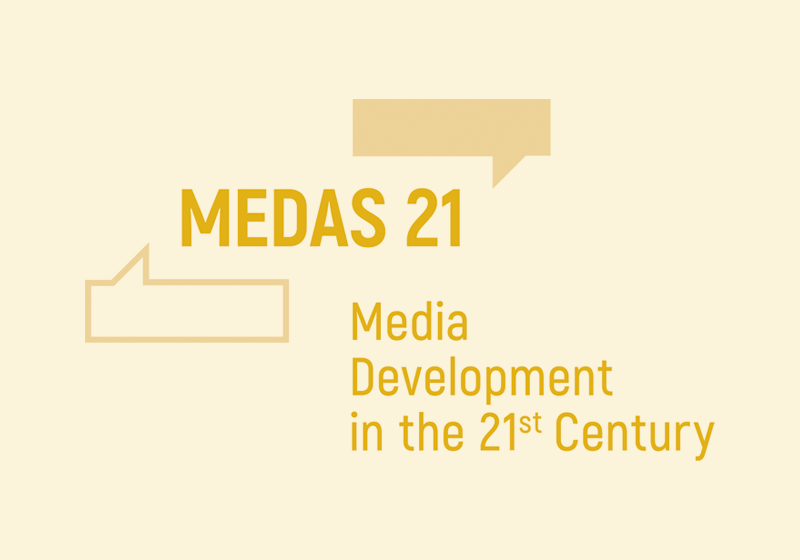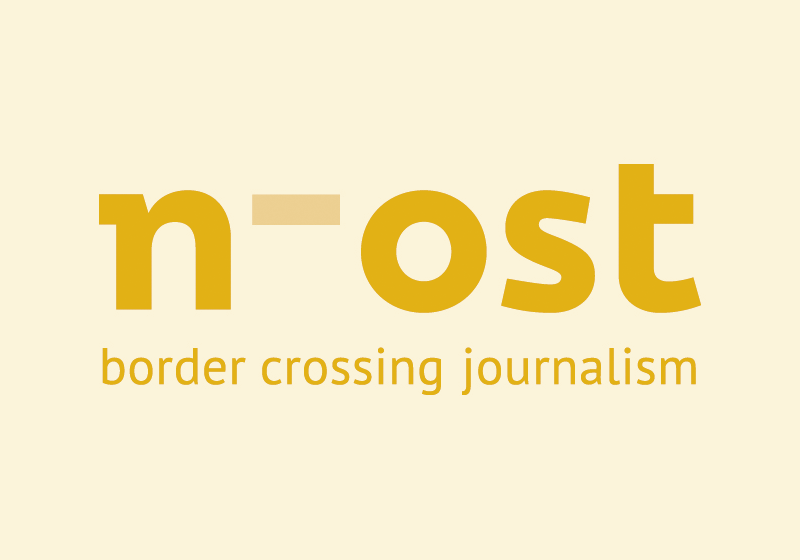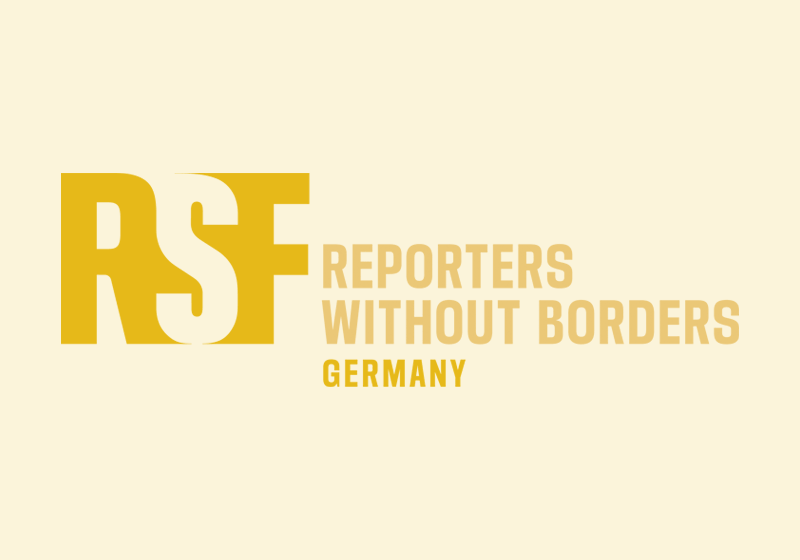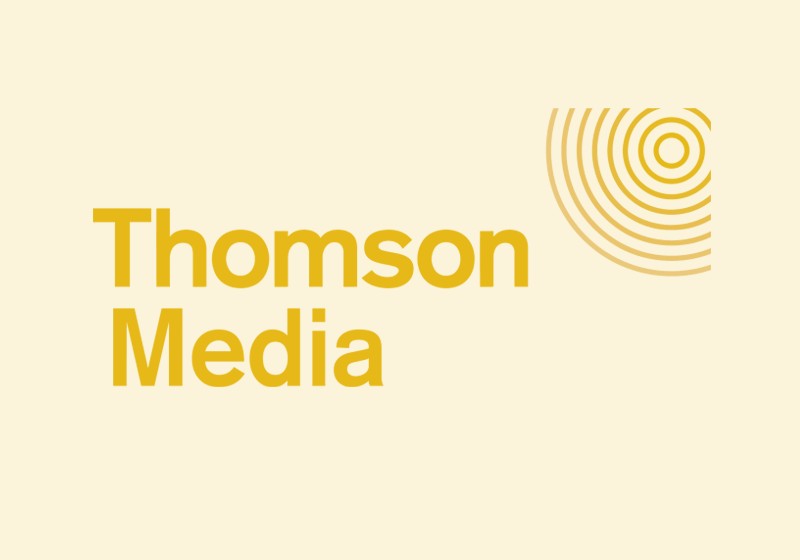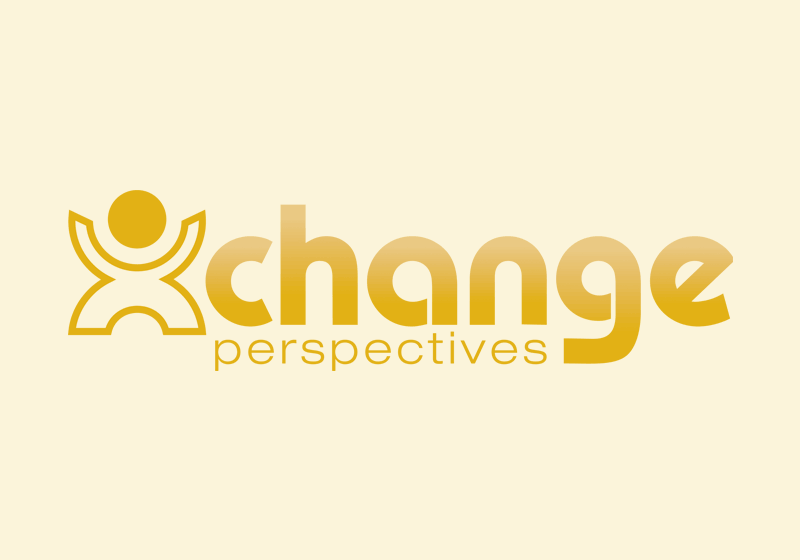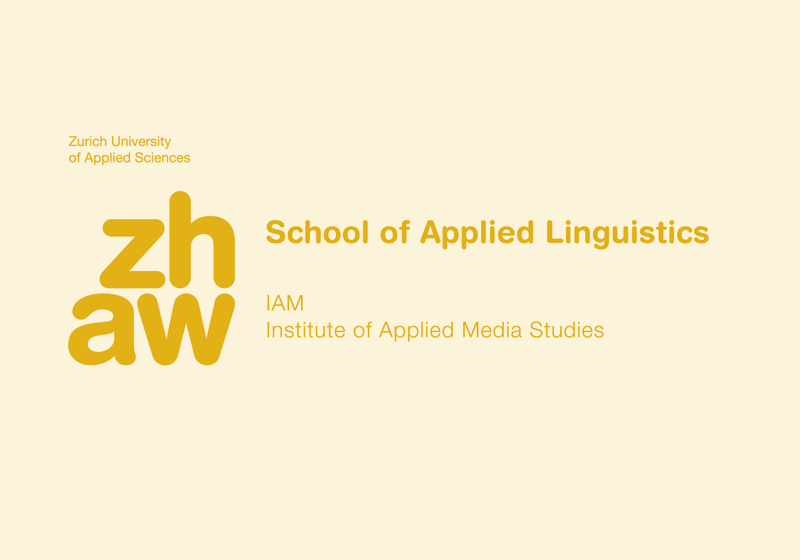Program Day 1
Monday, 30th September
8:30: Registration
9:00: Opening
Room B22
Facilitators of the symposium: Isabella Kurkowski and Michel Leroy – Erich-Brost Institute for International Journalism
9:10 Welcome address: Prof. Dr. Susanne Fengler – Erich-Brost Institute for International Journalism
9:20 Introduction: Overview of the 4 sessions and how they were built up, by Dr. Anja Wollenberg (presentation slides)
Dr. Anja Wollenberg is the head of FoME’s “Media Entwicklungs Zusammenarbeit (MEZ) Reform” (Media Development Cooperation Reform) working group. She’s co-founder and shareholder of MiCT as well as its head of research and evaluation.
9:45 Keynote presentation (with Q&A): “The new order of media assistance and why it is urgent to reform it”, by Dr Dani Madrid-Morales (presentation slides)
The issue of development assistance restructuring has been put on the agenda by a combination of three forces: self-examination on the part of donors and operators in the North, questioning by beneficiaries in the South and the arrival of new players in the field with sometimes other standards. This keynote will provide an overview of why and how the arrival of new non-Western players in media assistance is forcing the sector to accelerate its thinking on how to innovate.
Dr Dani Madrid-Morales is a lecturer in Journalism and Global Communication at the University of Sheffield (UK), with a background in broadcast journalism. He works as a Postgraduate Research Director in the Department of Journalism Studies and co-lead of the Disinformation Research Cluster. He has co-edited (with Herman Wasserman) Disinformation in the Global South and published several studies like A Computational Mapping of Online News Deserts on African News Websites or How China, Turkey and Russia influence the media in Africa.
10:45-11:15: Coffee Break
Each session will be introduced by a presentation of the results of the ground-breaking survey of fome members carried out by Christoph Spurk as part of the MEZ Reform Working Group. (Presentation slides)
Christoph Spurk is a consultant following a career as a lecturer and media researcher at the Institute of Applied Media Studies at Zurich University of Applied Sciences. His main research interests are the quality of journalism and communication in Africa, and the influence of the mass media on the democratisation process. He works to advance evaluation methods in media support, to measure the results of communication efforts and mass media programmes, and to support media development organisations in monitoring and evaluation.
11:15-13:00 – Session 1: Western normativity in media assistance – universal or flexible?
Coordination: MiCT with n-ost and the Friedrich-Naumann Foundation
International media assistance tends to draw on media practices that are part of a Western liberal tradition. Impartiality and independence of journalism are key values in this tradition, as are the watchdog role of the media and media pluralism. However, there is ample evidence that the meaning of these concepts is not static, but depends on the context, i.e. the political system and history of a country, the professional identity, the journalistic culture and the economic conditions with which journalists and media are confronted. With our panellists from Eastern Europe we want to discuss what “independence” can actually mean in media environments and societies plagued by armed conflict, authoritarian backlash and/or the quasi industrial production and dissemination of disinformation campaigns. How should media counter waves of targeted mis- and disinformation that are unsettling the very basis of journalism? Should we fight back – at the risk of working against our own principles and thus de-legitimizing the journalistic profession as a whole? How do EU- enlargement and Russian interference affect the assessment of Western normativity in the field of media development?
We want to discuss these and other questions with experts from Georgia and Latvia.
Moderation: Ulrike Gruska – freelance journalist with a focus on Eastern Europe (Berlin)
Panelists:
Rita Ruduša – Founder and former director of the Baltic Center for Media Excellence (Riga); journalist and media expert on EaP countries
Nata Dzvelishvili – CEO at Indigo Magazine (Tbilisi); former Executive Director at the Georgian Charter of Journalistic Ethics
Input: Dr. Anja Wollenberg – co-founder and head of research with MiCT (Berlin)
13:00-14:00: Lunch Break
14:00-17:00 – Session 2: Local Ownership
Coordination: icebauhaus, in cooperation with Fondation Hirondelle and Deutsche Welle Akademie
Local ownership and participation are guiding principles in media development, and yet topics and objectives are often determined by funders other strategic partnerships. Even if donor priorities are often well-researched and substantiated, this paternalistic approach has fostered an increasingly passive attitude among local partners and also European media organizations as intermediaries, who often no longer utilize opportunities for participation at the strategic level and base their conceptual writing on predefined conditions.
Or, local partners adapt to the “market logic” of constantly changing funding trends and “sell” projects that are detached from the realities on the ground. Based on the assumption that ownership is a condition for the success and sustainability of projects, this topic based track of the symposium addresses the question of how genuine participation and ownership can be established (while acknowledging that development cooperation is always asymmetric and normative in nature).
We also raise the question if media development organizations can advocate for local partners and their interests vis-à-vis the donors. We want to address and discuss systemic challenges as well as individual experiences in the fields of media development
Three workshops will be held in parallel:
A-“Role conflicts and power inequalities in partners relations”
Room B15
In this reflection workshop we will put partner relationships within media assistance into the spotlight.
Successful cooperation with project partners is crucial for effectively implementing media development projects and achieving sustainable development results. At the same time, every cooperation between organizations involves a tension that arises from different interests, working methods and expectations. This needs to be understood and dealt with.
Against this background, DW Akademie has developed “reflection workshops” in which its staff members critically reflect on their own role and attitudes, on power relations and on the prerequisites for the successful cooperation with partners.
At fome2024, a light version of this workshop is offered to the broader media development community and its guests. Using diverse interactive methods including games and role play, it is suitable for everyone interested in partner dynamics within media assistance irrespective of the kind of organization one represents.
We will focus on the following questions:
Roles:
– What roles do international media development organizations have towards their project partners? Strategic allies, donors, organizational developers, innovators, competitors, or all of these at once?
– Different roles follow different logics and require different attitudes. How can we get to role clarity and avoid conflicts and confusion in the cooperation?
Power in partner relations:
– In development cooperation we are confronted with structural inequalities. How do we deal with them?
– Is power good or bad? What is the effect of money and privileges?
– Is it possible to get to eye-level partnership? And what would be needed?
Host: Deutsche Welle Akademie
Facilitators: Folke Kayser and Fahmim Ferdous, Deutsche Welle Akademie
Number of participants: 20
Format: Interactive reflection workshop (documentation slides)
B-“Crossing the Donor and Practitioners’ Perspectives on Localization”
Room B22
Locally-led development has long been a priority for many financial partners and media development actors. The Swiss Agency for Development and Cooperation (SDC) has been putting particular emphasis on participatory approaches, making locally-led action a central modality. Reflecting this focus, SDC updated its media assistance guidelines four years ago and recently played an important role in helping the OECD adopt principles designed to strengthen international support for the information environment, with locally-led development as a key pillar.
But what does genuine local participation and ownership really mean in the context of media development? What are the realistic expectations, and how do donor perspectives align—or sometimes clash—with those of local and international practitioners? These critical questions will be at the heart of our upcoming interactive workshop.
Join Dastan Kamanzi Raphael, Executive Director of the Tanzania Media Foundation; Hanspeter Wyss, SDC’s Thematic Advisor on Governance; and Caroline Vuillemin, CEO of Fondation Hirondelle, as they delve into these issues and engage with participants in a dynamic discussion.
This conversation will build upon and react to the questions and inputs from the participants to this interactive workshop.
Hosts: Fondation Hirondelle
Speakers/Facilitators:
- Dastan Kamanzi Raphael – Executive Director; Tanzania Media Foundation (presentation slides)
- Caroline Vuillemin – General Director; Fondation Hirondelle
- Hanspeter Wyss – Thematic Advisor Governance (Section Peace, Governance & Equality); Swiss Agency for Development and Cooperation SDC, Federal Department of Foreign Affairs FDF
Moderation: Sacha Meuter – Head of Research and Policy; Fondation Hirondelle
Format: round table discussion
C-“Undoing Game of Thrones“
Room C55
While the fictive ‘Game of Thrones’ is about noble families fighting for control over lands and resources, r0g_agency and icebauhaus have established a practice in which games are used to overturn these classic struggles, channeling the energy of competitiveness into active participative dialogue for a range of conflict mitigation and peacebuilding challenges.
Developing simple board games as hands-on activities helps connect what are often abstract online structures with actual offline realities. Connecting these two worlds – offline with online – board games and other types of mobile participatory tools help not only to engage participation, but open many forms of dialogue and community interaction. These help to raise and identify questions related to conflict mitigation, exploring strategies while imparting knowledge and creating effective means of local ownership.
In this workshop we’ll look at rapid game co-creation, highlighting obstacles in crossing cultural, conflict and skills training issues, using examples, methodologies and experiences stemming from the fields of hate speech mitigation, conflict stabilisation and irregular migration in several countries, to create a playful experience and perhaps even an output to further develop by the participants in their own working contexts.
Hosts: icebauhaus, r0g_agency
Facilitators: Marina Modi, #defyhatenow, South Sudan and Stephen Kovats, r0g_agency, Germany
Participants: 20
Format: co-creation workshop (documentation slides)


